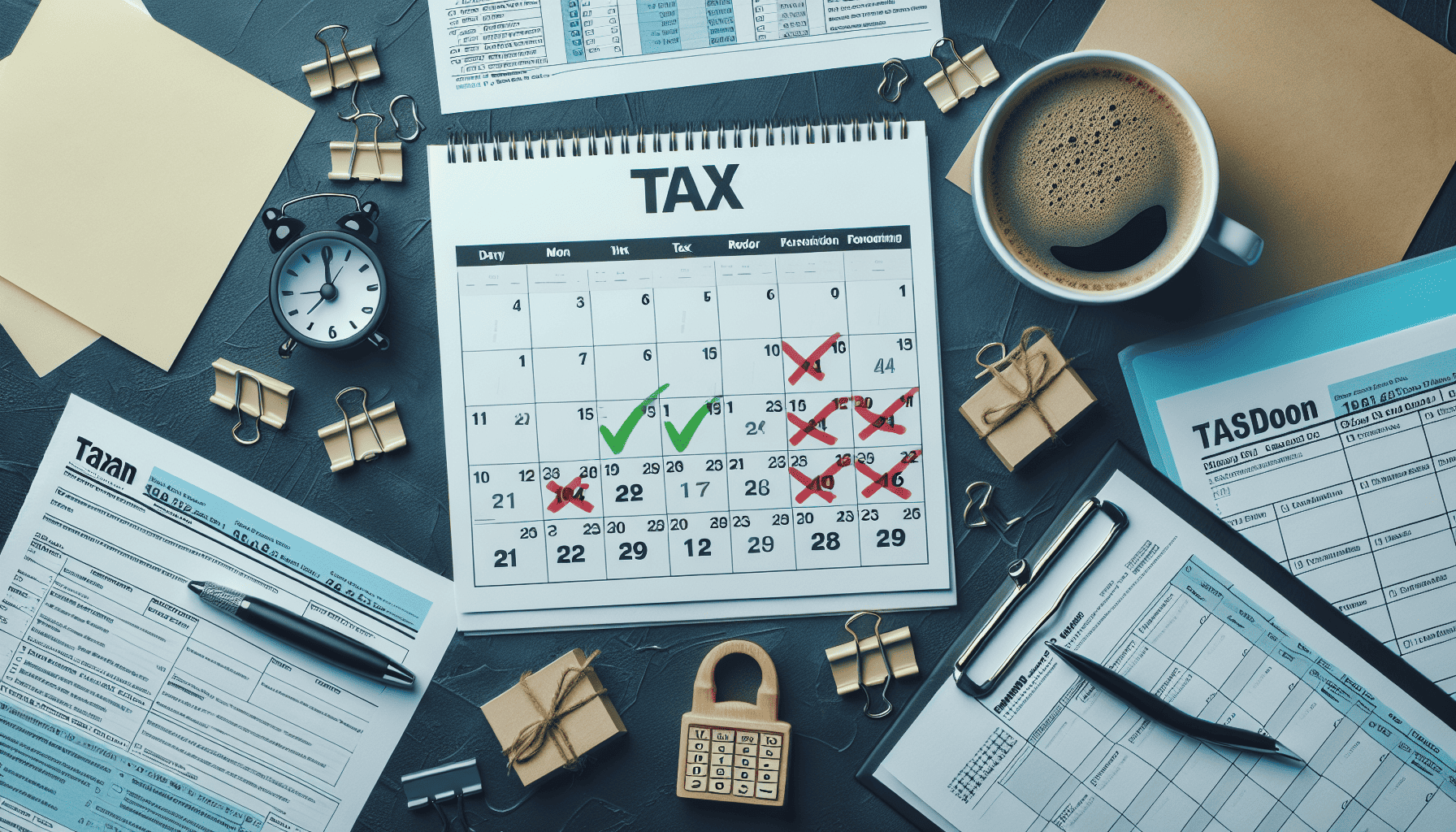Tax season can often feel daunting, but with the right preparation and a clear strategy, you can navigate it smoothly and even find opportunities to maximize your refund or minimize your tax liability. Here’s a comprehensive guide to help you get ready for the upcoming tax season.
Organize Your Financial Records
Start by gathering all necessary financial documents. This includes W-2s, 1099s, investment income statements, mortgage interest statements, and records for any deductions or credits you plan to claim. Creating a physical or digital folder to store these documents can help keep everything organized and easily accessible.
Understand the Filing Requirements
Make sure you are aware of the filing requirements, including deadlines and any changes in tax laws that might affect you. The filing deadline is typically April 15th, but it can vary, so check each year to make sure. Review IRS publications or use online resources to stay updated on the latest tax-related information.
Choose the Right Tax Filing Method
Decide whether to file taxes yourself or hire a tax professional. Using tax software can be a cost-effective method with guided steps to ensure accuracy, but consulting a tax professional may provide personalized advice and uncover deductions you might miss otherwise. If your financial situation is complex, a professional's expertise can be invaluable.
Maximize Deductions and Credits
Review your eligibility for various deductions and tax credits to reduce your taxable income. Common deductions include student loan interest, medical expenses, and contributions to retirement accounts. Tax credits, like the Earned Income Tax Credit or Child Tax Credit, directly reduce your tax bill and can lead to a higher refund.
Check Your Withholding
Review your current tax withholding to ensure you're not overpaying or underpaying taxes. Use the IRS Tax Withholding Estimator tool to calculate your withholding, and adjust your W-4 form if necessary. This can prevent surprises at tax time and help manage your cash flow throughout the year.
Consider State and Local Taxes
Remember that your federal taxes are only a part of the picture. Many states and localities have their own taxes with separate rules and deadlines. Make sure you understand these requirements to file accurately and on time.
Plan for Retirement Contributions
Contributing to retirement accounts such as IRAs or 401(k)s can provide tax advantages. By making contributions before the tax deadline, you may be able to lower your taxable income. Some contributions might even qualify for additional deductions or credits.
Keep Track of Life Changes
Major life changes, such as marriage, having a child, buying a home, or changing jobs, can significantly impact your tax situation. Make sure to adjust your filing status, update tax forms like the W-4 with your employer, and consider how credits and deductions might change with these new circumstances.
Review Last Year’s Tax Return
Looking back at last year’s tax return can offer insights into potential areas for improvement and ensure consistent reporting, avoiding discrepancies that might trigger audits. Use it to evaluate your financial performance and strategize ways to optimize your tax situation for this year.
Stay Ahead with Deadlines
It's crucial to stay ahead of deadlines to avoid penalties and interest. If you anticipate needing more time, file for an extension well before the tax deadline. Remember, an extension to file doesn’t mean an extension to pay any taxes owed.
By taking these proactive steps, tax season can become a manageable, stress-free part of your financial routine. Implementing these strategies will not only prepare you for the current year but also set a strong foundation for all future tax seasons.
